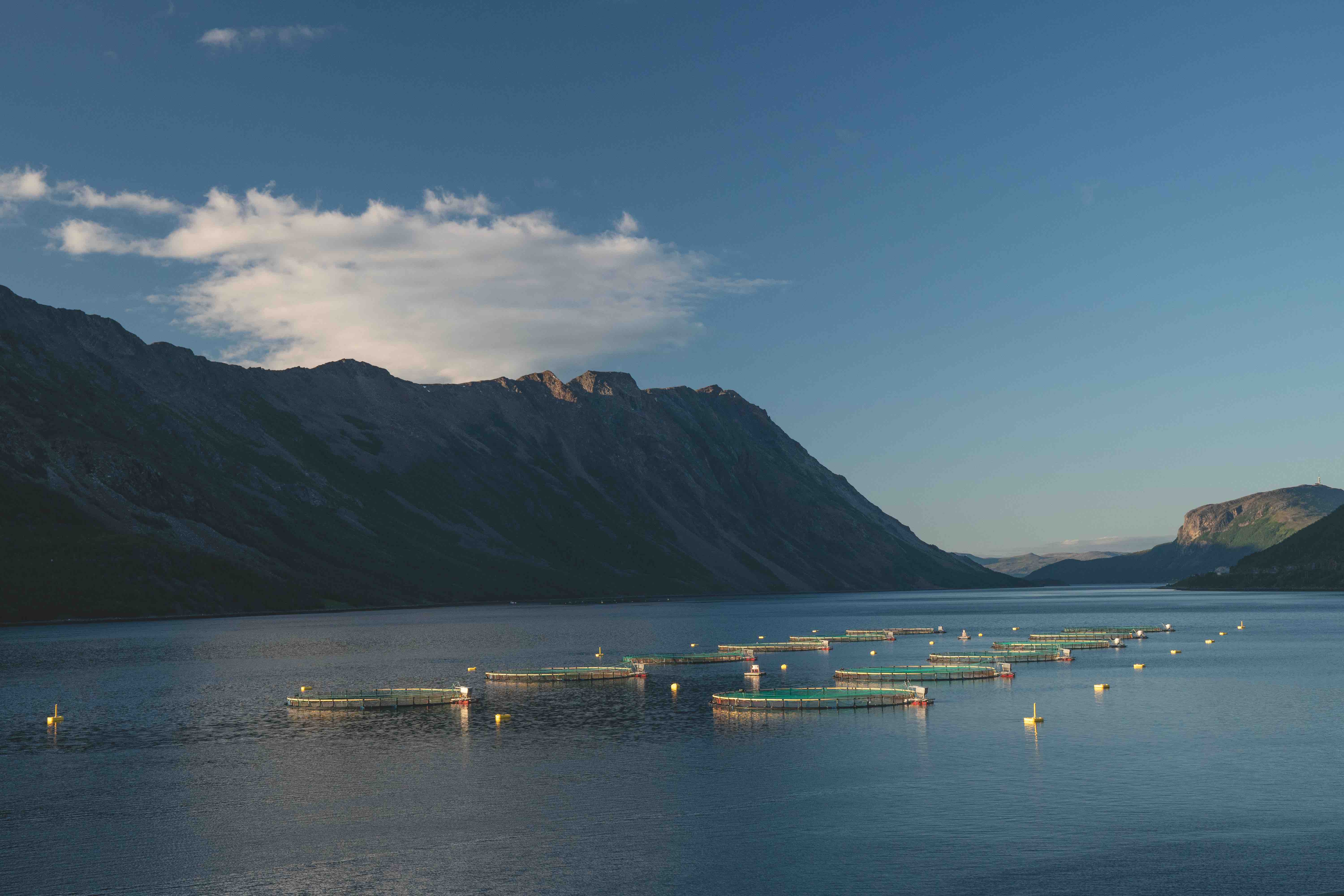Patagonia’s ARTIFISHAL Reveals the Disaster of Farmed Salmon
Will Ross, June 17, 2019

If you were ever too lazy to consider where your salmon comes from, the latest documentary from Patagonia will jerk you into caring a little more. In an 80-minute documentary, the latest production from the media-focused division of the Californian outerwear brand addresses a range of concerns about salmon fisheries, their manufactured hatcheries and what all this means for a species that thrives in the wild and competitive ocean. Anyone assessing the provenance of things we eat will benefit from the film’s lucid and often uncomfortable audit of salmon farming across the northern latitudes.
Produced by Liars and Thieves!, Artifishal travels widely, to net-pens in Iceland, Norway, Scotland and Ireland as well the government hatcheries in the Pacific Northwest of the United States. This sweep takes the temperature of the industrial-scale, assessing implications of a global system spinning out of control. Despite the relatively calm and clinical setting of fisheries, the unnatural methods of production are captured if not in the quixotic attempt to sanitise environments then by the very contradiction of a spirited animal so squarely enclosed by concrete troughs and vast nylon netting. In one scene, a clandestine dive into a farm in Iceland captures the horrid state of a facility’s stock, while in another, a visit to a dilapidated operation speaks of a criminal scene gone wrong.
As is expected from Patagonia, and was present in the forerunner, DamNation, Artifishal pushes the boundaries of a face-value account. The film looks at how grassroots efforts have been made to correct and raise awareness for the disconnect between salmon and and its natural habitat. In one scene, school children set out into a dammed river system with frozen, discarded salmon to deposit their carcasses further upstream, part of an attempt to return biomass and a food source to their intended location. At the end of this chapter, a spoken account from one of the school children matches Greta Thunberg in its candidness. In another setting, Swedish writer and angler Mikael Frödin releases a wild Atlantic salmon on Norway’s Alta River, among a weaker stock.

The film’s ability to directly strike at the nerve of wasting, state-defined systems is resounding. First, the data is clearly identified, with the drop in Wild Atlantic population from 10 million to 3 million. If these numbers aren’t convincing, the words of the octanagarian director, Yvon Chouinard, will be convincing: “A life without wild nature and a life without these great, iconic species is an impoverished life. If we lose all wild species, we’re going to lose ourselves.”
Further pressure is offered in the form of actionable advice from Patagonia on how to abate or at least curb the depletion of wild salmon stock. Consumer effort should be put into purchasing those fish that have been caught in responsible ways (see reef-net-caught salmon from Lummi Island, Washington). Atlantic salmon and steelhead are endangered or else from net-pens, so keep away from these. Avoid fish at the top of the food chain (swordfish, bluefin tuna, Chilean seabass), to allow numbers to increase and avoid consuming toxins, instead opting for fish lower in the food chain, such as herring, anchovies or cleansers like mussels and oysters. Abide by these rules and sign the change.org petition to protect the species.
Watch the Artifishal trailer and find more about screenings in your area, visit patagonia.com. To swim further upstream on the issue, read this series of essays hosted by Patagonia’s food arm, patagoniaprovisions.com.